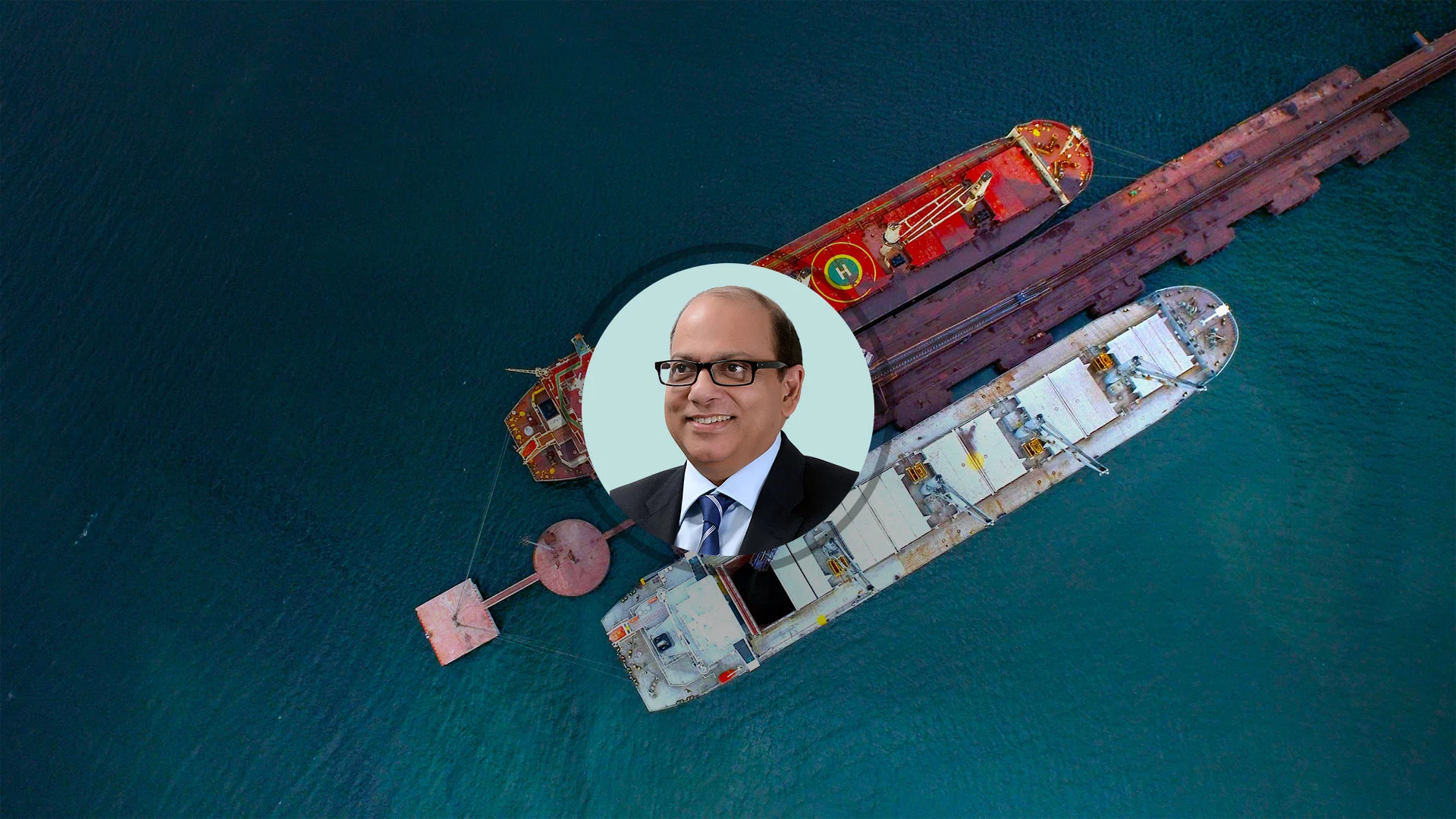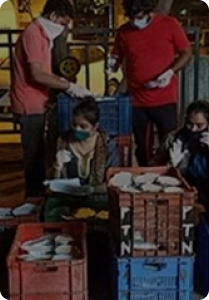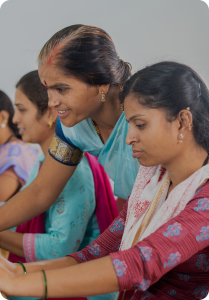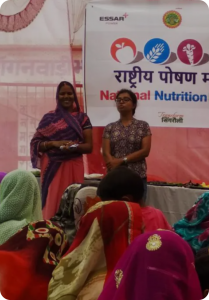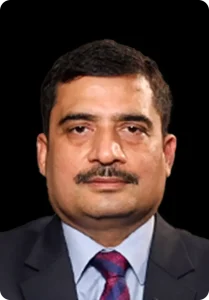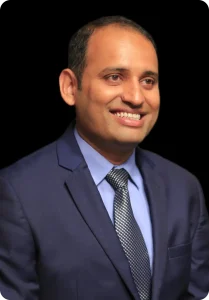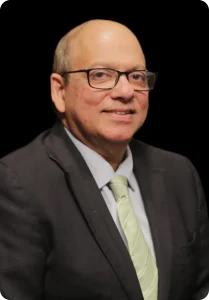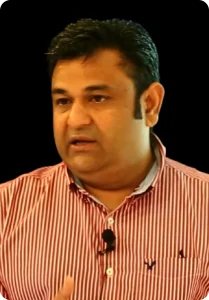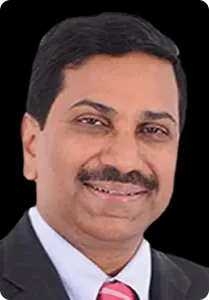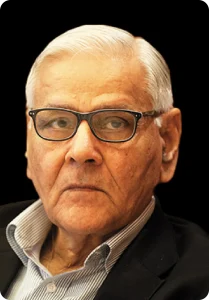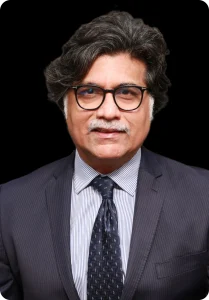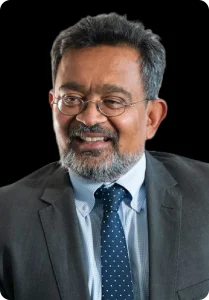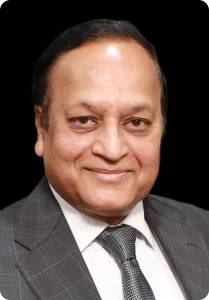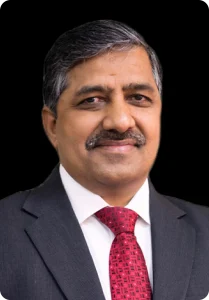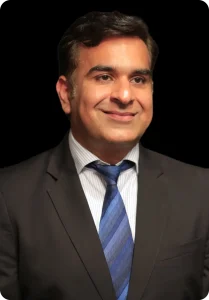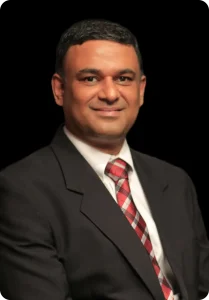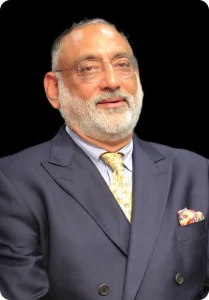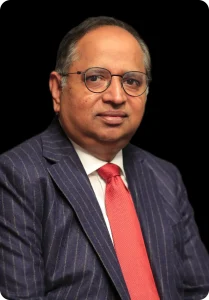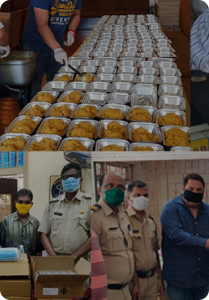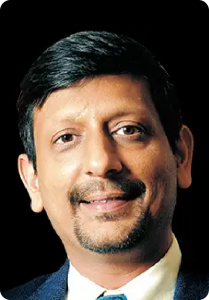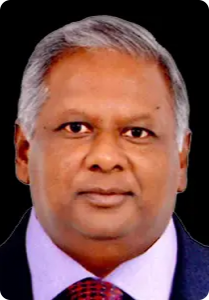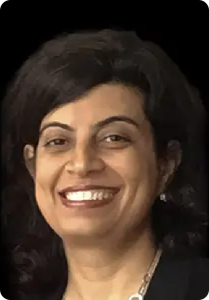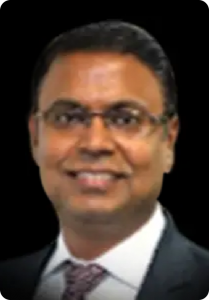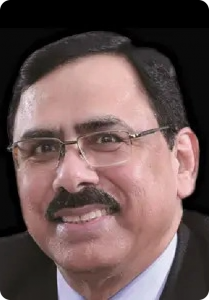Construction Times
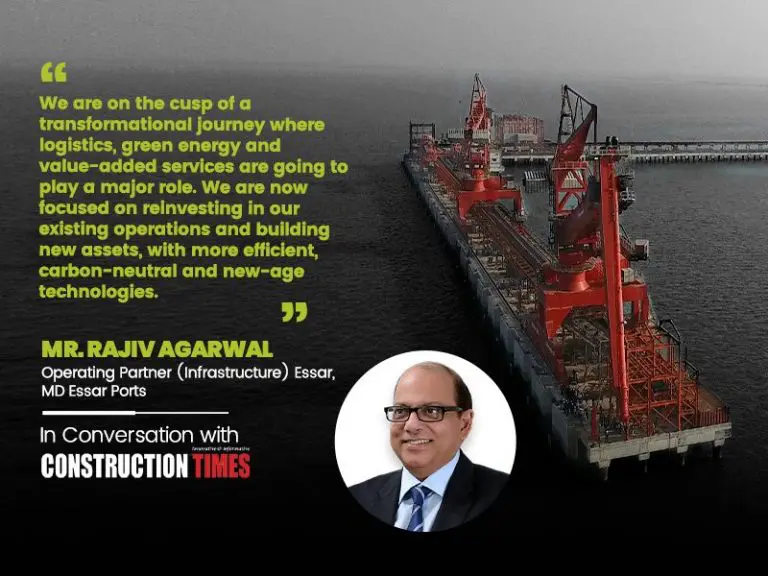
In an interview with Construction Times, Mr Rajiv Agarwal, Operating Partner, Infrastructure, Essar and Managing Director, Essar Ports shared his insights on how Essar Ports is on the cusp of a transformational journey where logistics, green energy and value-added services are going to play a major role. Below are excerpts from the interview.
What could be the trends to look for in the year 2023?
The shipping and logistics sector has never been more challenging. A combination of highly uncertain economic environment, ever increasing demand for consumers and geopolitical situations in different parts of the world is forcing business owners to continuously alter their approach and adapt to different strategies. Therefore, to survive in the future, shipping and logistics companies will have to reevaluate their relationship with clients, innovate and explore new possibilities that seem to be inevitable.
Some of the key trends/events which will shape the future of ports and logistics sector are the technological developments in automation, technology and digitization which have been instrumental in ushering a new era of efficiency, accessibility, and growth. With the emergence of the pandemic and global turmoil, the world has witnessed various disruptions in the supply chains. This will see an unprecedented shift in trade lanes and modes of delivery which include energy baskets like oil & gas, green infrastructure (green hydrogen and EV gain popularity), the global agenda of carbon-neutrality with energy transition to green solutions with focus on sustainability at the core, modularity and flexibility of infrastructure like FSU/FSRU etc., which can easily cater to the changing requirements and provide flexibility and systems which can ensure reliability and visibility of supply chains to end customers.
What could be the key challenges and what will drive the growth?
The Russia-Ukraine conflict has had a significant impact on the global logistics market, with supply chain and flow of cargo altered, a huge increase in cost and product shortages, and energy and commodity prices skyrocketing. Amidst this global supply chains are evolving and realigning with the objective of distribution of risks and being resilient. Alternative production centres like India make an attractive destination for EXIM cargo. Coupled with this, is India’s strong domestic consumption as India charts its way to USD 5-trillion-economy and more. India and South Asia will be boosted by the flow of goods, services, people, and knowledge. In short, the ensuing economic growth would play a key role in the region and strengthen trade links.
In order to stay relevant with the changing times, the industry players need to look into certain factors such as ensuring supply chain visibility, end-to-end logistics, increasing operational efficiency through mechanization, reducing pre berthing delays, and most importantly improving turnaround time in the ports sector. Reducing EXIM costs and boosting competitiveness will be the driver. The application of low-cost financing should be a top priority for the sector as it allows private sector participation with desired levels of efficiency.
How are you geared up for the year ahead? What are the key plans?
We take pride in delivering value propositions through our state-of-the-art services and end-to- end logistics solutions which also ensure that the growing needs of the economy are met. This year, in one of the largest post-pandemic M&A deals in India, Essar announced signing of definitive agreements with Arcelor Mittal Nippon Steel (AM/NS) for ports and power infrastructure assets which were primarily catering to the Hazira steel plant operations. The deal also envisages a 50-50 joint venture partnership, for building a 4 MTPA LNG terminal at Hazira, Gujarat, between Essar and ArcelorMittal. The Port Assets include the Terminals in Hazira, Paradip and Vizag. We are now focused on reinvesting in our existing operations and in building new assets, with more efficient, carbon neutral and new-age technologies. These will be sustainable and aligned to our theme of Energy Transition, which we hope will lead to a better life for our current and future generations.
We are on the cusp of a transformational journey where logistics, green energy and value added services are going to play a major role. We not only have plans of diversifying cargo profile at Salaya Port but are also pursuing expansion of facility. Railway connectivity, Green Energy (LNG & Green Ammonia) and clean commodities handling are some of the high value add services which the terminal is poised for in time to come. We are also actively pursuing opportunities both national and international which are centric to our business model.
Source: Construction Times ( January 2023 )

